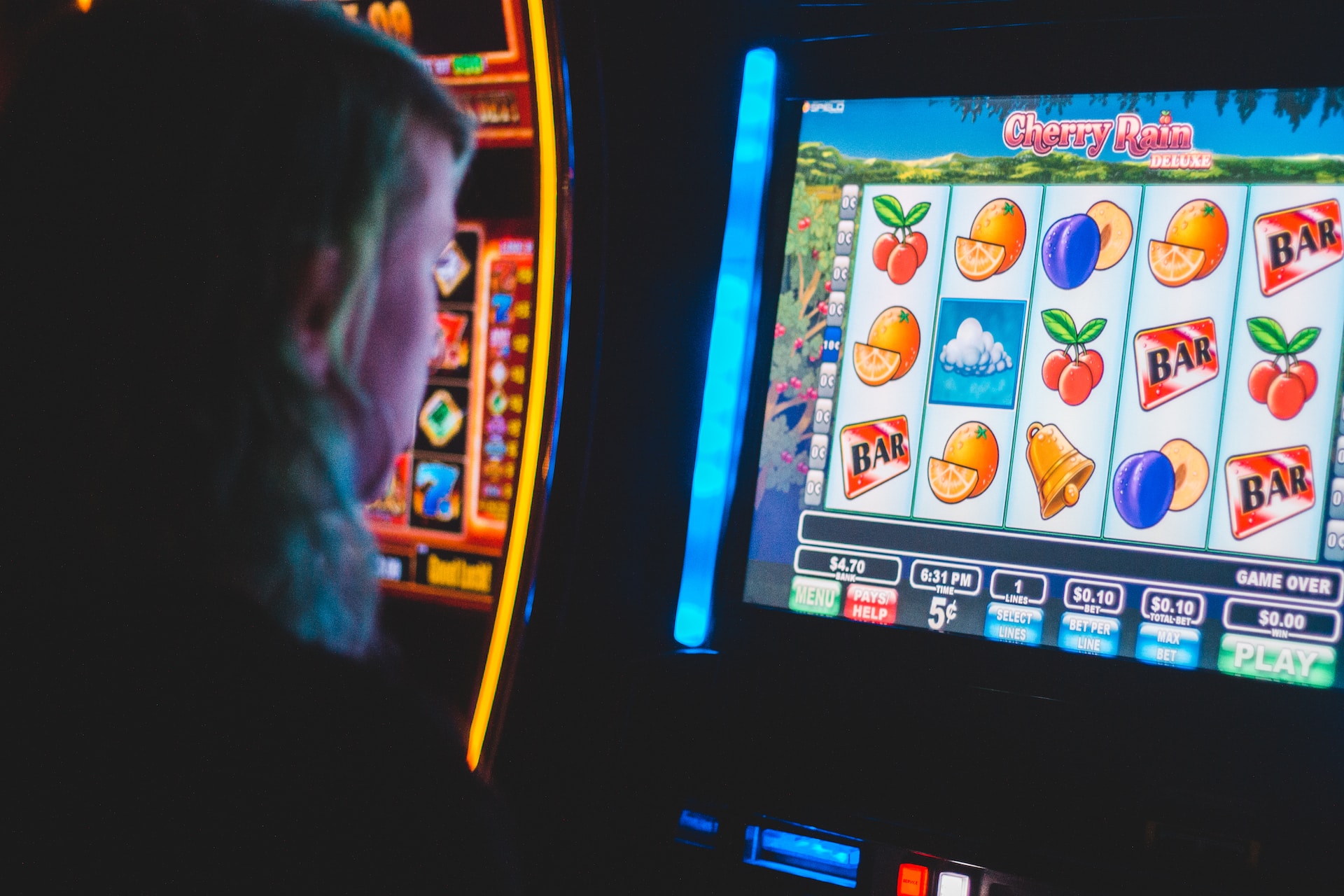Gambling can be a fun and exciting activity, but for some, it can spiral out of control and become an addiction. In this blog post, we’ll explore the dark side of gambling, including the signs and symptoms of addiction, the causes of gambling addiction, and strategies for combating addiction.
What is Gambling Addiction?
Gambling addiction, also known as compulsive gambling or problem gambling, is a behavioral addiction that is characterized by an uncontrollable urge to gamble despite negative consequences. People with a gambling addiction may continue to gamble even when they can’t afford it, have lost significant amounts of money, or have experienced problems in their personal and professional lives as a result of their gambling.
Signs and Symptoms of Gambling Addiction
Gambling addiction, also known as pathological gambling or compulsive gambling, is a serious condition that can have negative effects on a person’s life. Some of the signs and symptoms of gambling addiction include:
- Preoccupation with gambling
- Difficulty controlling gambling behavior
- Increasing the amount of money or time spent on gambling
- Neglecting responsibilities such as work or family obligations
- Continuing to gamble despite negative consequences such as financial problems, relationship issues, or legal trouble
- Lying or concealing gambling behavior from others
- Using gambling as a way to cope with negative emotions such as stress, anxiety, or depression
- Trying to stop or cut back on gambling without success
Causes of Gambling Addiction
The causes of gambling addiction are complex and can vary from person to person. Some potential causes of gambling addiction include:
- Genetics: There may be a genetic component to gambling addiction, as it has been shown to run in families.
- Environmental factors: Growing up in an environment where gambling is normalized or encouraged can increase the risk of developing a gambling addiction.
- Mental health issues: Gambling addiction is often associated with other mental health issues such as depression, anxiety, or substance abuse.
- Social isolation: People who are socially isolated may turn to gambling as a way to fill a void in their lives.
Effects of Gambling Addiction
Gambling addiction can have a range of negative effects on a person’s life, including:
- Financial problems, such as debt and bankruptcy
- Relationship problems, including divorce and strained friendships
- Mental health issues, such as depression and anxiety
- Substance abuse and addiction
- Legal problems, such as criminal charges related to gambling or theft
Combating Addiction
If you or someone you know is struggling with gambling addiction, there are several strategies that can be helpful in combating the addiction.
- Seek Professional Help: Gambling addiction is a serious condition and often requires professional help to overcome it. A therapist or addiction specialist can help you develop strategies for managing cravings and coping with negative emotions.
- Join a Support Group: Support groups such as Gamblers Anonymous can be a helpful resource for those struggling with gambling addiction. These groups offer a safe and supportive environment where individuals can share their experiences and receive support from others who understand what they’re going through.
- Limit Exposure to Gambling: One way to combat gambling addiction is to limit exposure to gambling. This could mean avoiding places where gambling occurs or installing software on your computer or mobile device that blocks access to gambling websites.
- Practice Self-Care: Self-care is an important aspect of managing any addiction. This could include practicing mindfulness or meditation, engaging in physical exercise, or spending time with supportive friends and family.
- Build a Support Network: Building a support network of friends and family can be a helpful tool in combating gambling addiction. This network can offer emotional support and help keep you accountable for staying on track with your recovery.
Preventing Gambling Addiction
Preventing gambling addiction starts with understanding the risks and setting healthy boundaries. Here are some tips for preventing gambling addiction:
Set Limits
Set limits on the amount of time and money you spend gambling. Stick to these limits, even if you’re winning.
Take Breaks
Take regular breaks from gambling to give yourself time to recharge and reflect.
Avoid Triggers
Identify and avoid triggers that may lead to gambling. This could include certain people, places, or activities.
Seek Help
If you’re struggling with gambling addiction, don’t hesitate to seek help. There are many resources available to help you overcome your addiction.
Conclusion
In conclusion, gambling addiction is a serious condition that can negatively affect a person’s life. By understanding the signs and symptoms of addiction and the potential causes, individuals can take steps to combat their addiction and live fulfilling lives. Seeking professional help, joining a support group, limiting exposure to gambling, practicing self-care, and building a support network are all strategies that can be helpful in managing gambling addiction.
